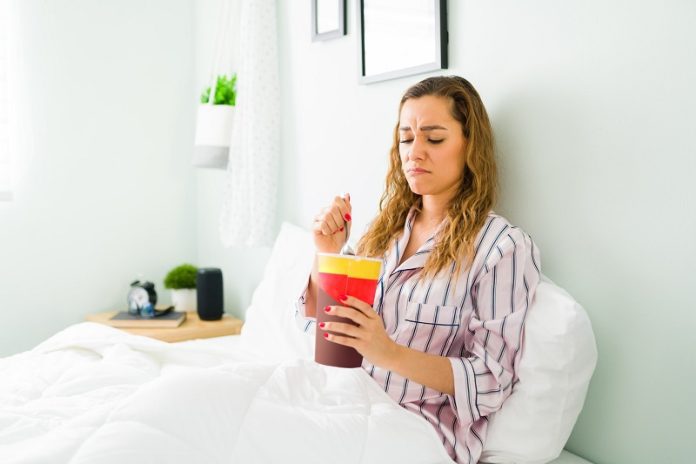
Anxiety and depression can feel like heavy clouds hanging over your life.
While medication and therapy are standard treatments, did you know that the foods you eat can also play a role in your mental health?
Yes, that’s right! What’s on your plate can affect what’s going on in your head.
When we eat, we’re not just fueling our bodies; we’re also fueling our minds.
Specific nutrients can influence our mood and even relieve symptoms of anxiety and depression. So, let’s dive into what the science says about the foods that can help lift your spirits.
The Feel-Good Foods
Omega-3 Fatty Acids: The Brain Boosters
Fish like salmon, tuna, and mackerel are rich in omega-3 fatty acids, which our brains need to function well.
A study published in the Journal of Clinical Psychiatry found that omega-3 supplements were effective in reducing symptoms of depression. Even if you’re not a fish fan, you can get omega-3s from flaxseeds or walnuts.
Fruits and Veggies: The Colorful Healers
Brightly colored fruits and vegetables like spinach, bell peppers, and berries are rich in antioxidants. These substances protect our cells from stress, and guess what?
They can protect our minds too! A study in the British Journal of Health Psychology showed that people who ate more fruits and veggies were happier and felt more “in the zone” than those who ate less.
Probiotics: The Gut-Brain Connection
Yogurt, kefir, and other fermented foods are rich in probiotics, the good bacteria that keep your gut healthy. Believe it or not, a healthy gut can mean a healthy mind.
A study from the Journal of Psychiatric Research found that probiotics could reduce symptoms of depression and anxiety. The gut-brain connection is a hot area of research, and these findings are promising!
Wrap-Up: A Balanced Plate for a Balanced Mind
Choosing the right foods isn’t a cure-all for anxiety and depression, but it can be a helpful part of a comprehensive treatment plan.
Eating a balanced diet rich in omega-3 fatty acids, antioxidants, and probiotics can positively affect your mental health. And don’t forget, regular exercise and adequate sleep also play vital roles in managing anxiety and depression.
Before making any drastic changes to your diet, it’s a good idea to talk to a healthcare provider, especially if you’re on medication or have other health concerns.
In a nutshell, your well-being doesn’t just depend on what you do but also on what you eat.
So, the next time you’re at the grocery store, think about filling your cart with foods that nourish both your body and mind. You might just find that a healthier diet leads to a happier you.
If you care about nutrition, please read studies that ultra-processed foods may make you feel depressed, and Vitamin D could help reduce depression symptoms.
For more information about nutrition, please see recent studies about antioxidants that could help reduce the risk of dementia, and Omega-3 supplements could improve memory functions in older people.
Follow us on Twitter for more articles about this topic.
Copyright © 2023 Scientific Diet. All rights reserved.





